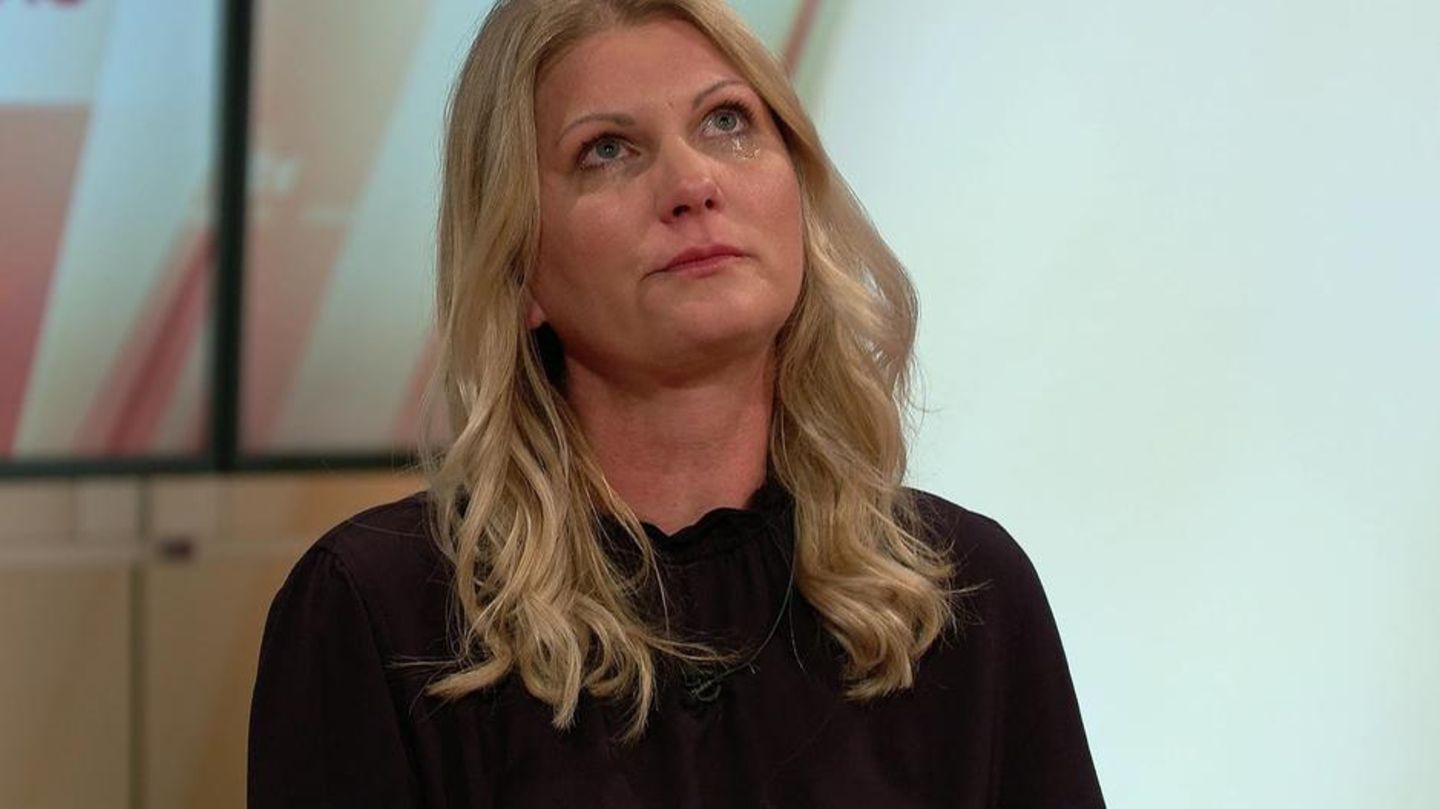With rising inflation, more and more people are concerned that they will soon no longer be able to afford their rent. This is especially true for those who have an index lease – because these rents are linked to inflation.
This article first appeared on RTL.de.
All of us are feeling the effects of the current inflation. Food, petrol – everything is getting more expensive. Now it could soon hit rents too. Most people are afraid of that, as a survey in the shows.
Single mom spends half her salary on rent
Susanne Holzhuter is crying. She is a guest on “stern TV am Sonntag”. The single mother lives in Hamburg. She has had her apartment for nine years. Inflation has hit them hard. As a secretary, she earns 2,800 euros a month. Now that everything has become more expensive, there is not much left of it at the end of the month. Twenty euros maybe. She saves it for her daughter Pauline. But she only succeeds in doing this because she often goes without a warm meal at work at lunchtime.
The secretary has an index lease, the kind more and more housing associations are signing up for. It is clear to her that there will be a rent increase. “The thing that scares me the most is that I’ll get sick and then not be able to pay for everything anymore,” says Susanne Holzhuter, sobbing. “I think I’m making really good money, but at the end of the month there’s just nothing left.” Because half of her salary she has to pay for the rent – 1,400 euros.
Rent increase linked to inflation: The index lease
If a landlord wants to increase the rent, he usually has to take into account how expensive the rents are in the area. The rents must not be higher than the local rent index. But it often doesn’t rise very quickly. This is why housing associations in particular like to conclude index leases. They are based on the cost of living for everyone in Germany. And these, in turn, have risen significantly in recent months due to inflation. As a result, many people with index leases could soon face significant rent increases. The longer it has been since the last rent increase, the faster. Index rents may be increased once a year. And even if there should be a rental price brake: this does not usually apply to index rental contracts.
Anyone who has such a lease must react quickly when the landlord writes. In the case of indexed rental contracts, rent increases must be announced in writing. From the month after next after writing, they will come into force at the earliest.
Susanne Holzhütter has not yet received a letter from the landlord. But she expects it soon. She fears that her rent will probably rise by twenty euros a month. And then what? “Then I slip into the red every month,” she says.
Tenant Protection Association: Index leases “like a money printing machine”
Claus Deese is chairman of the Tenant Protection Association. Deese explains: Index leases do not violate any law. He describes them like this: “They are like a money printing machine for the housing association. Especially in the cities where rents are going through the roof anyway.” Your system is wrong, he says. Because: “The cost of living has nothing to do with the rent.”
Christina-Johanne Schröder from the Greens hopes that the index leases will change soon. According to the housing expert, the responsible minister, Klara Geywitz, wants to put the topic on the agenda as soon as possible. Schröder complains: “The index leases are not regulated at all.”
Survey on “stern TV am Sonntag”: 81 percent fear that they will no longer be able to pay rent
The Vonovia housing group could take advantage of this. There one thinks about a rent increase for the approximately one million tenants. “I don’t know anything different from Vonovia,” says Deese. “They do something like that every day. That’s why their announcement didn’t really shock me.”
However, the increase in cold rents is not everything. Because inflation could also significantly increase the ancillary rental costs. Above all, energy such as heating and electricity would become more expensive. Deese: “This will mean that many tenants will ask themselves in the next year how they are going to finance the horrendous additional payment.”
The viewers of “stern TV am Sonntag” know that. A survey came to a frightening result: 81 percent are afraid of not being able to pay their rent next year. One of them is Susanne Holzhuter. She has one wish: “I want politicians to do something. They should help more, especially with single parents.”
Source: Stern
Jane Stock is a technology author, who has written for 24 Hours World. She writes about the latest in technology news and trends, and is always on the lookout for new and innovative ways to improve his audience’s experience.




